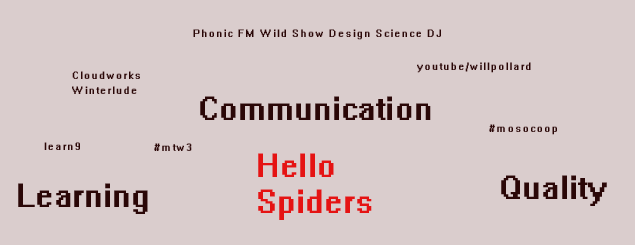Guardian hints at less UK print, source The New Yorker
Through Online Media Daily Europe I have found a story in the New Yorker about the Guardian. Mostly it is about the global scoops around security issues. But also there is some interesting information about finances and plans. Apparently Rusbridger asked the Scott Trust "What is our future? There is no disagreement that print will shrink.” By 2011, according to reporter Ken Auletta, the trust had decided to invest more heavily in its online presence, starting with its U.S. effort.
But at some point, if the Guardian does not begin to make money, the trust’s liquid assets, currently two hundred and fifty-four million pounds, would be depleted.
Jeff Jarvis, an Internet evangelist who teaches journalism at the City University of New York and who advises Rusbridger, says that eventually the Guardian will have to generate more revenue from its digital edition, abandon its print newspaper, or reduce the number of days it publishes. “Every day they wait is dollars gone,” he said. As for printing only on certain days, he says, “Die Zeit, in Germany, is a good model. One day a week in print and the rest digital.”
Rusbridger can envisage a paperless Guardian in five to ten years. He also “can imagine,” he says, printing on only certain days. For the moment, with digital dollars composing only a quarter of the company’s revenues, “if you want to support the kind of journalism we do, you can’t kiss goodbye seventy-five per cent of your revenues,” he said. “But all that will change.”
My guess that Monday to Friday could be without print is based on reading it. The Education coverage on the MOOC and Futurelearn is lacking resource. See previous posts for the dissonance effect. How much longer till the UK print readers get some reporting that is more or less sensible? Can they continue to brief on their web approach in New York and then knock e-learning in the UK?

